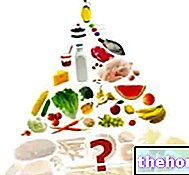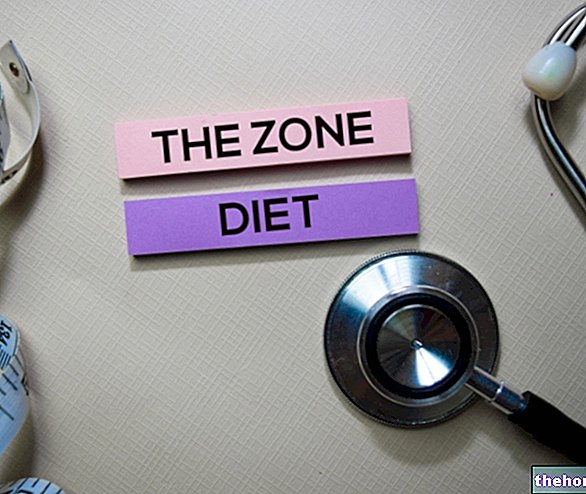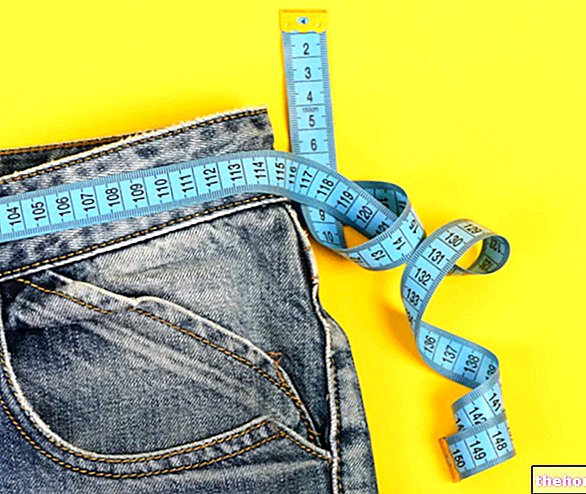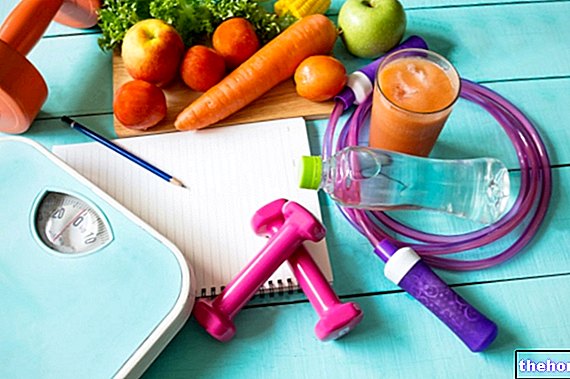Liquid Diet: What is it?
As the name suggests, the liquid diet is a diet based on the predominant intake of liquefied foods (or real drinks).
There are many types of liquid diet; in fact, more than to a real system, the term refers to the consistency of the foods used.

Most liquid diets limit food intake to: fruit juices, smoothies and fruit and / or vegetable smoothies; these should make up all (or most) meals of the day (3 to 5).
Many liquid diets are quite strict and extreme; not surprisingly, it is sometimes necessary to hospitalize the subjects in specialized structures (eg Therapeutic Fasting). Other types of liquid diet are more permissive and, although demanding, can be managed independently.
Liquid diets can be divided into two categories: totally liquid and partially solid. The former, as is easily understood, preclude the consumption of any food other than the formulas provided. The latter, on the other hand, allow one or more meals of a solid and alternative nature; the two most common examples are:
- Liquid diet with solid dinner
- Liquid diet with solid snacks.
Like all food systems that provide fewer calories than normal energy needs, liquid diets also allow you to lose weight in proportion to the energy restriction (food choice and portions).
Downsides
The negative aspects of the liquid diet are many; the most important ones are summarized as follows:
- Excessive calorie restriction
- Lack of nutrition education
- Nutritional imbalance
- Tendency to regain weight and the "yo-yo" effect.
Statistics show that the weight loss obtained with liquid diets is not maintained over time (4th point). Probably, the negative outcome of the system is attributable to excessive food restriction and the lack of education for weight maintenance (points 1 and 2).
It is true that, in the long term, some liquid diets work better than others. In particular, the promiscuous ones (liquid and solid) seem to have a better impact on weight retention.
Furthermore, by keeping the intake of liquid foods constant and varying only the use of solid recipes (with weekly change), it is possible to promote understanding of their caloric impact on diet and weight (nutrition education).
Eg:
- Week 1: liquid diet and solid dinner with 200g of: chicken breast or cod fillet or cottage cheese or scrambled egg whites = 2kg weight loss
- Week 2: liquid diet and solid dinner with 200g of: beef steak or salmon steak or provolone or whole egg omelette = 1kg weight loss.
Result: the foods of week 1, with the same portions, have fewer calories than those consumed in week 2.
Is it a Safe System?
No, liquid diets are never a correct solution.
As specified, they do not provide any type of nutrition education and, on the contrary, lead to the consolidation of bad habits.
Furthermore, they are often deficient in one or more nutrients; among these, they lack essential molecules (fatty acids and amino acids), vitamins, mineral salts, antioxidants and other phytoelements.
In theory, the drinks studied for liquid diets should guarantee a balance between the nutrients necessary for the normal conduct of human activities; nevertheless, in addition to NOT being specific (gender, age, etc.), these solutions ignore the variable of the level of physical activity and sometimes prevent practicing sports.
Some liquid diets are highly hypocaloric (400-800kcal / day total) and, in the absence of medical supervision, can compromise the state of health, causing anemia, hypotension, hypoglycemia, hypokalemia, dehydration (despite being liquid), constipation, metabolic acidosis, hypovitaminosis, depletion (or hypotonia) of muscle mass, etc.
The most frequent symptoms related to the practice of a liquid diet are: fatigue, dizziness, hair loss, gallstones and difficulty in evacuation.
The liquid diet is strictly NOT ADVISABLE in case of serious or chronic diseases, pregnancy or breastfeeding, growth and type 1 diabetes mellitus.
Before embarking on a liquid diet it is necessary:
- Be followed by a dietician or nutritionist or dietician; however, a professional may not be willing to accept such a protocol. If so, it will check if a dietary supplement is needed
- If you are part of a commercial line, inquire about the quality of the products (ingredients, allergens, etc.)
- Make sure that the system:
- It is not entirely based on liquid foods
- Ensure gradual weight loss
- You not only provide protein and fiber but provide all the necessary nutrients.
NB. The only liquid diets justifiable from a medical point of view are those preparatory to surgical interventions or intestinal endoscopic investigations. See for example the Colonoscopy Preparation Diet.
















.jpg)











